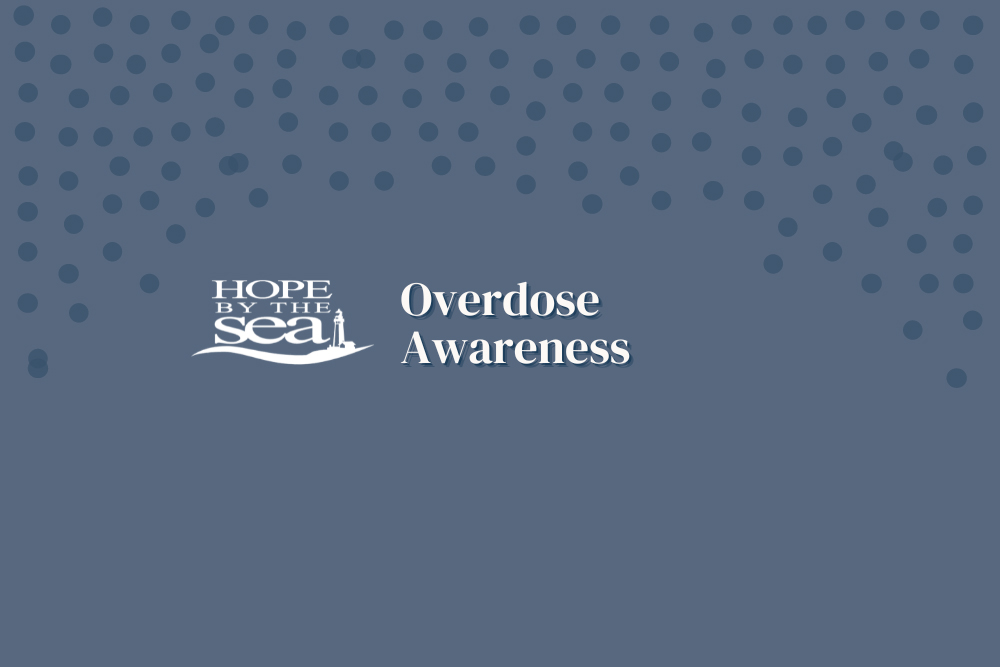International Overdose Awareness Day is Aug. 31, and unfortunately, it’s more pertinent than ever to recognize the severity of our country’s overdose problem. Within the past two years, drug overdose numbers have reached an all-time high, perhaps fueled by an ongoing pandemic that has also become a leading cause of death in the U.S.
Substance Abuse and Mental Health
Substance use and mental health disorders have an interconnected relationship, so much so that it might be challenging to assess which came first. People experiencing untreated depression, anxiety, PTSD, bipolar disorder and other conditions may turn to drugs and alcohol to escape from their negative feelings. However, any relief these substances may bring is temporary, leaving users trapped in a vicious cycle that can lead to an overdose.
As both components of a dual diagnosis become more severe, it will take larger doses of drugs to achieve your desired effects. Overdoses can occur when people combine intoxicants, misuse prescriptions by crushing and snorting pills or have more drugs or alcohol in their system than their bodies can process. An overdose can be fatal if the victim falls unconscious, stops breathing or chokes on vomit.
The Link Between Suicide and Drug Overdose
While many drug overdoses are accidental and result from the way specific substances – or combinations of substances – affect the central nervous system, some could be a cry for help. Severe substance use disorders can impair judgment to the point that people can no longer make responsible decisions. Poor impulse control and a tendency toward reckless behavior might cause a person living with addiction to view suicide as the only way out of worsening problems such as unemployment, financial difficulties, legal issues and deteriorating relationships.
Ongoing substance abuse substantially increases the risk of suicide, overdose and self-harm, so it’s essential to seek treatment from a therapist or psychiatrist. A mental health professional can identify the underlying causes of your substance use disorder, including any related behavioral issues that are making your problems worse.
What Is Harm Reduction?
Nobody starts drinking or using drugs hoping that they’ll someday become addicted or experience an overdose, yet our society still tends to view substance use as a weakness or moral flaw. People who badly need help may struggle behind closed doors for years, worrying what their friends, family and colleagues will think of them if they admit they have a problem.
While an accidental overdose can be the epiphany needed to convince someone struggling in silence to finally ask for help, it shouldn’t take such extreme measures. That’s the point of an approach known as harm reduction, which encompasses various policies and positions that apply to legal and illegal drugs – including overdose prevention strategies. It represents a stark contrast to the punitive, stigmatizing mindset typically associated with addiction. Treating drug users, their families and communities with compassion and dignity is integral to harm reduction.
Recovery Is Possible
If your loved one overdoses, responding without judgment is one of the best things you can do for them. You can also help them find a treatment program that fits their needs and continue supporting their new, sober lifestyle once they complete their continuum of care.
To learn more about beginning your journey to sobriety at Hope by the Sea, you can place your confidential call today. Our knowledgeable admissions team is here for you 24/7.

